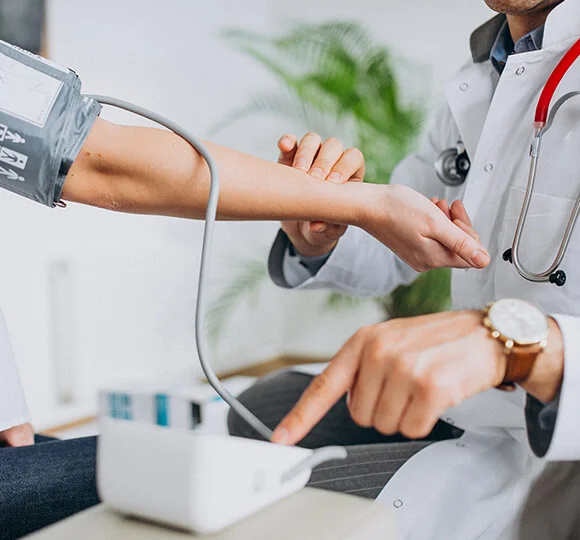
Wellness for All: Promoting Health and Healing
Caring for the health and well-being of individuals in need is at the heart of our medical help initiatives. We believe that access to quality healthcare is a fundamental human right, and we are committed to ensuring that everyone, regardless of their socio-economic background, has access to essential medical services.
Our medical help programs encompass a range of services aimed at addressing the healthcare needs of vulnerable populations and underserved communities. From providing preventive care and health education to offering medical treatment and emergency relief during crises, we work tirelessly to improve health outcomes and promote well-being.
Through partnerships with healthcare professionals, local clinics, and hospitals, we facilitate access to medical consultations, diagnostic tests, medications, and specialized treatments for those in need.
How individuals, organizations, and communities can contribute:
Access to Healthcare: Millions of people are lack access to essential medical services due to various barriers such as poverty, geographic remoteness, inadequate infrastructure, and lack of healthcare professionals. Providing medical help involves addressing these barriers and ensuring that everyone, regardless of their socio-economic status or background, has access to timely and affordable healthcare services.
Preventive Care: Preventive healthcare plays a crucial role in promoting overall well-being and preventing the onset of diseases. Medical help initiatives focus on providing preventive care services such as health screenings, vaccinations, prenatal care, and health education to identify and address health risks early on, thereby reducing the burden of illness and improving health outcomes in communities.
Treatment and Management: Medical help encompasses providing treatment and management of acute and chronic health conditions to individuals in need. This includes offering medical consultations, diagnostic tests, medications, surgeries, and rehabilitative services to address a wide range of health issues, from infectious diseases and injuries to non-communicable diseases and mental health disorders.
Emergency Medical Assistance: Medical help is essential during emergencies, including natural disasters, conflicts, and public health crises such as pandemics. Responding to emergencies involves providing emergency medical care, first aid, evacuation services, and setting up temporary medical facilities to ensure the safety and well-being of affected individuals and communities.
Specialized Healthcare Services: Medical help extends to providing specialized healthcare services to meet the unique needs of vulnerable populations, including children, the elderly, individuals with disabilities, and those living in underserved or marginalized communities. This may involve offering pediatric care, geriatric care, maternal and child health services, mental health support, and services tailored to specific health conditions or disabilities.
Capacity Building: Strengthening healthcare systems and building the capacity of local healthcare providers are essential components of medical help initiatives. This includes training healthcare professionals, providing medical equipment and supplies, upgrading healthcare facilities, and supporting community health workers to deliver essential healthcare services effectively and sustainably.
Health Education and Promotion: Medical help encompasses health education and promotion activities aimed at empowering individuals and communities to make informed decisions about their health and well-being. This includes raising awareness about preventive measures, healthy lifestyle practices, disease management, and the importance of seeking timely medical care to improve health outcomes and reduce health disparities.
Collaborative Partnerships: Collaborating with local healthcare providers, government agencies, non-profit organizations, and other stakeholders is essential for delivering effective medical help. Partnerships facilitate resource mobilization, knowledge sharing, and coordination of efforts to address healthcare needs comprehensively and ensure that medical help reaches those who need it most.
Emergency Medical Relief: Providing emergency medical relief in humanitarian crises, including natural disasters, conflicts, and public health emergencies, is a critical aspect of medical help efforts. This involves deploying medical teams, emergency medical supplies, and mobile medical units to affected areas to deliver life-saving medical care and support to individuals in distress.
We are dedicated to making a difference in the lives of those who need it most. Through our medical help initiatives, we aim to alleviate suffering, promote health and wellness, and empower individuals to lead healthier, more fulfilling lives. Together, we can create a healthier, more equitable world for all.